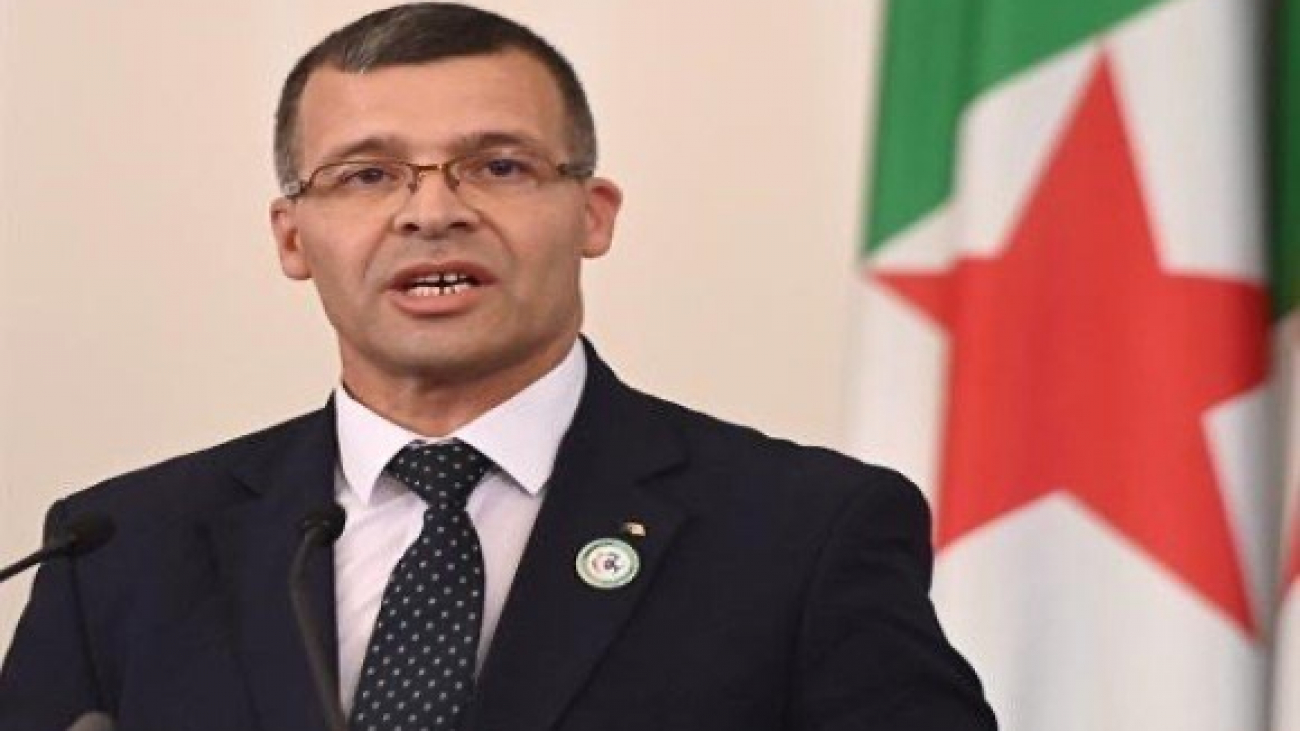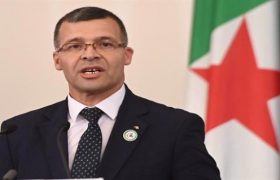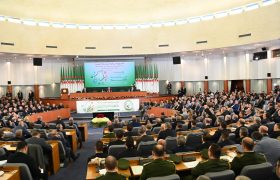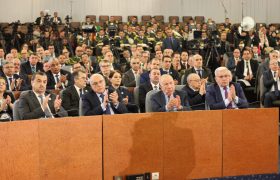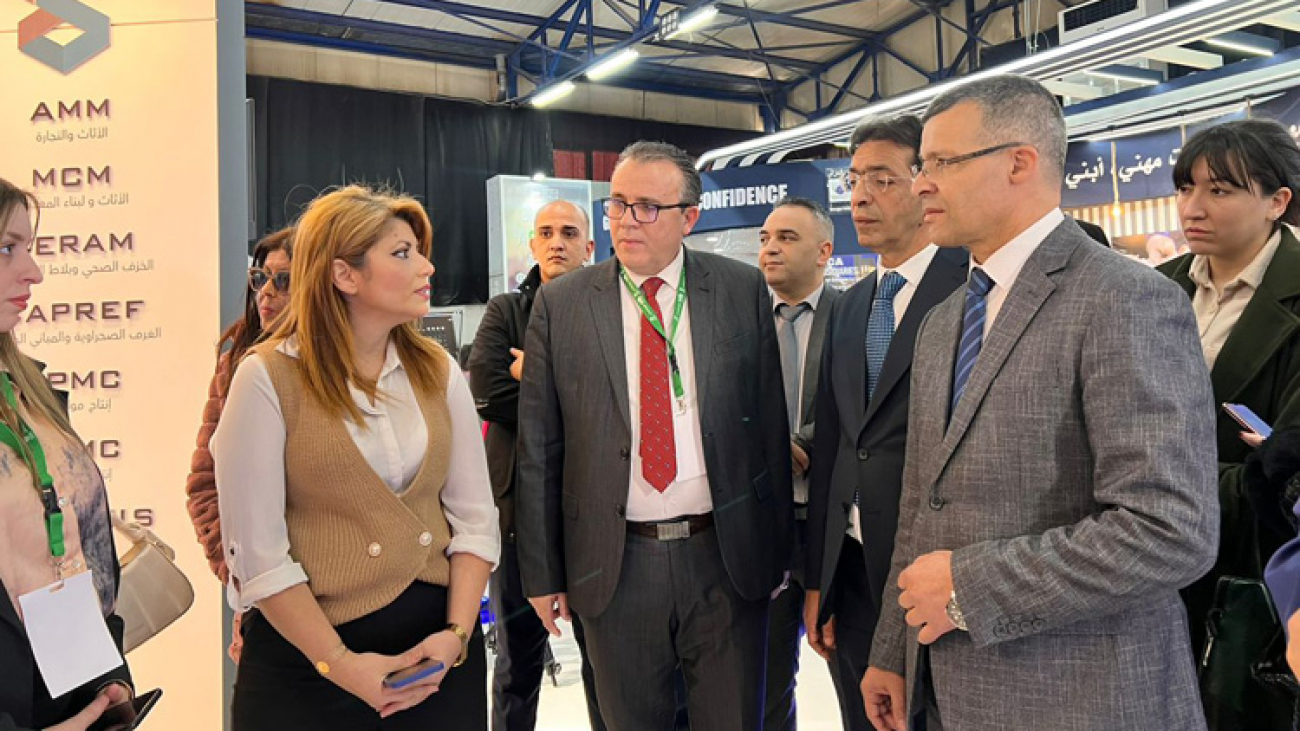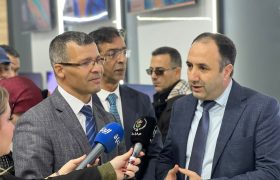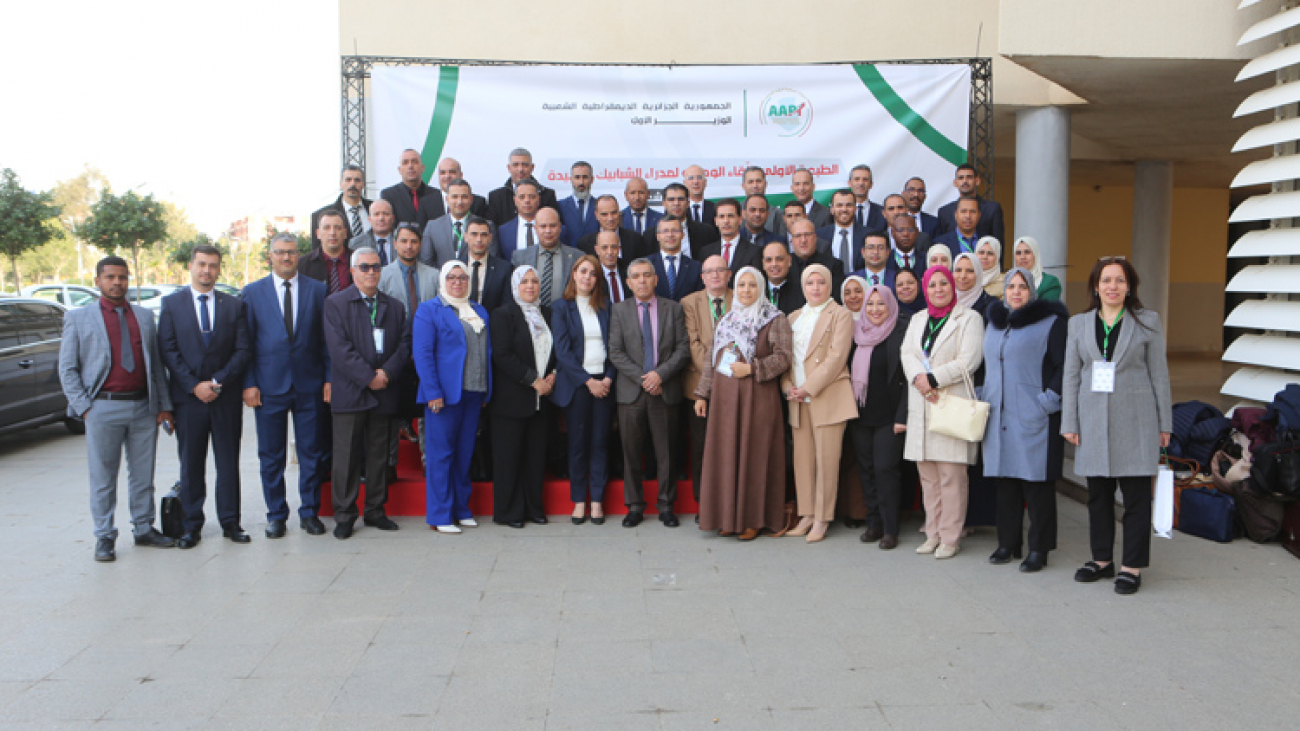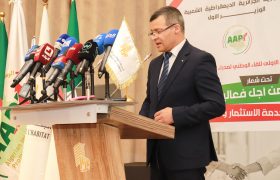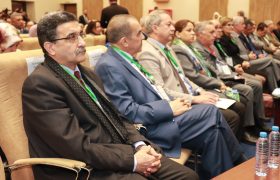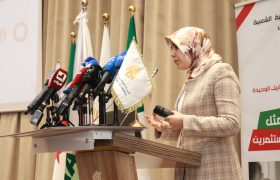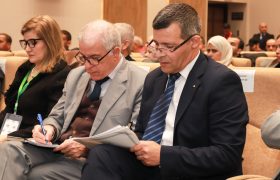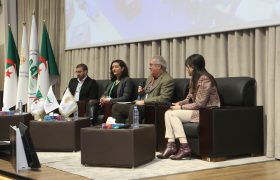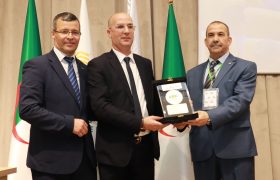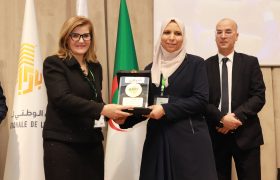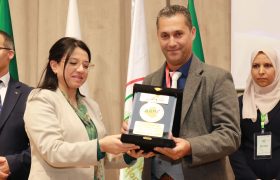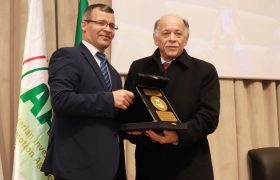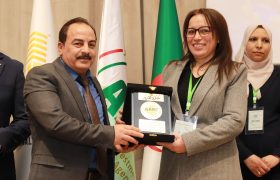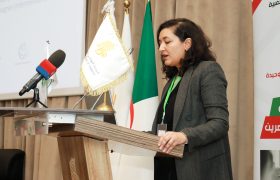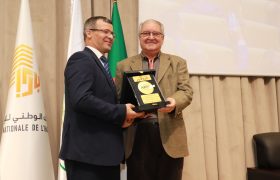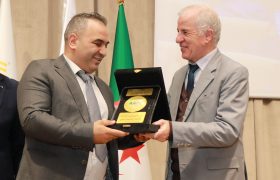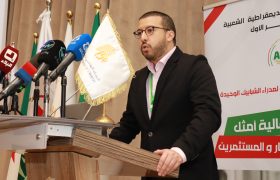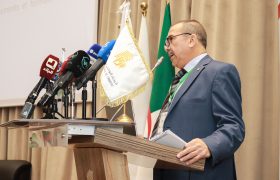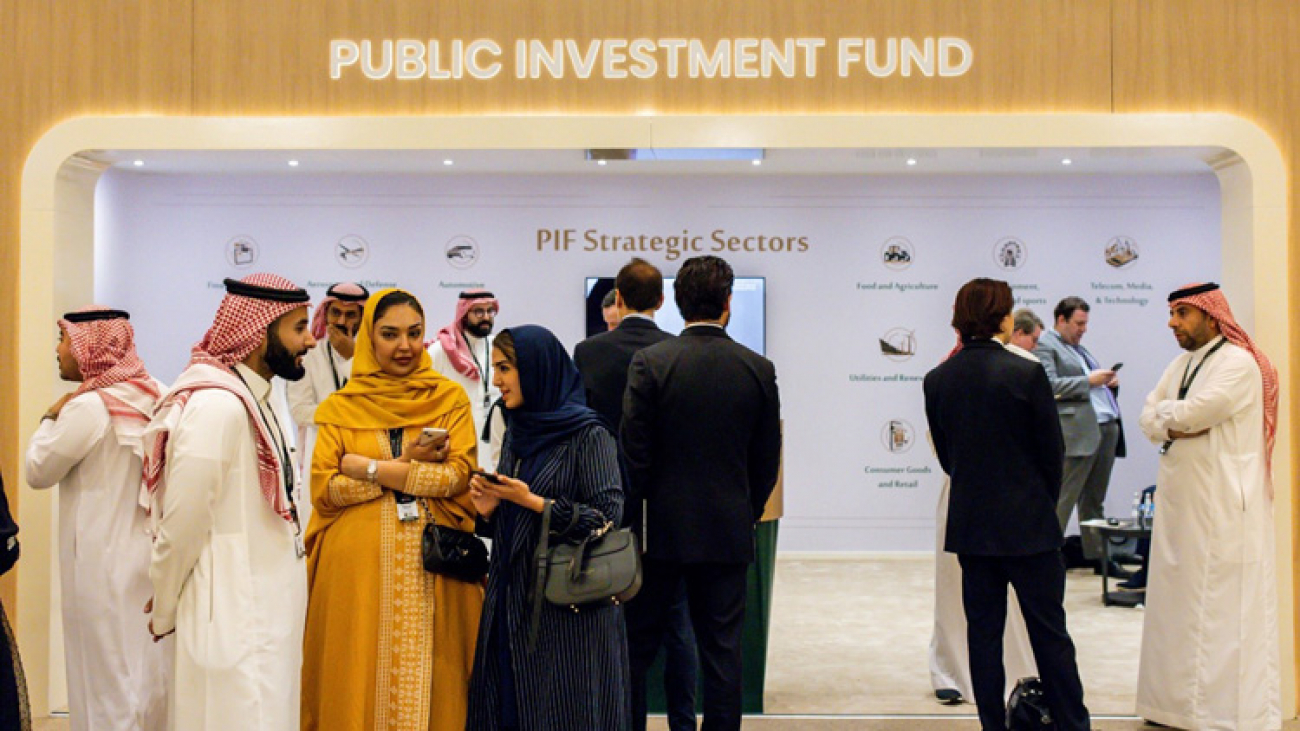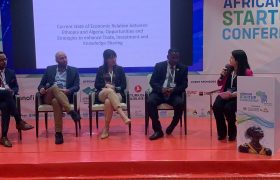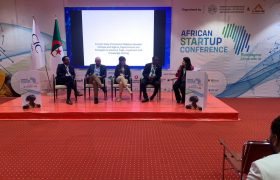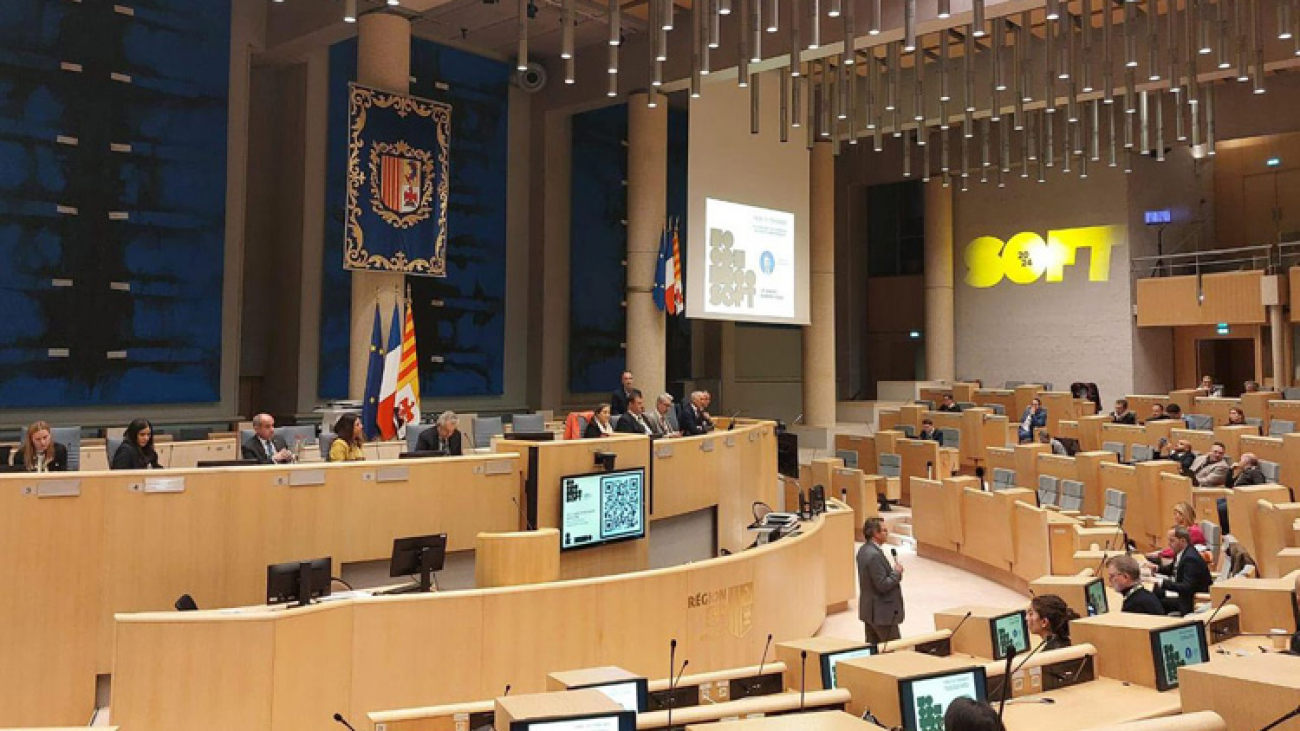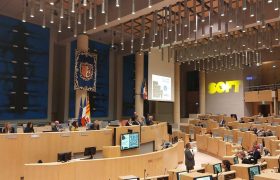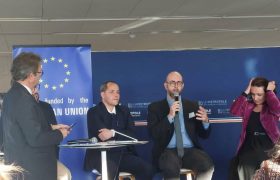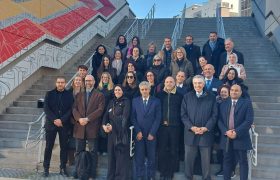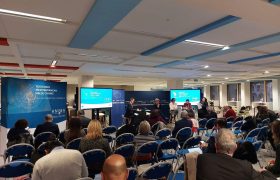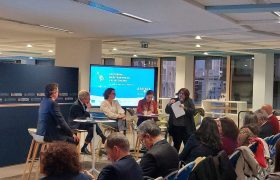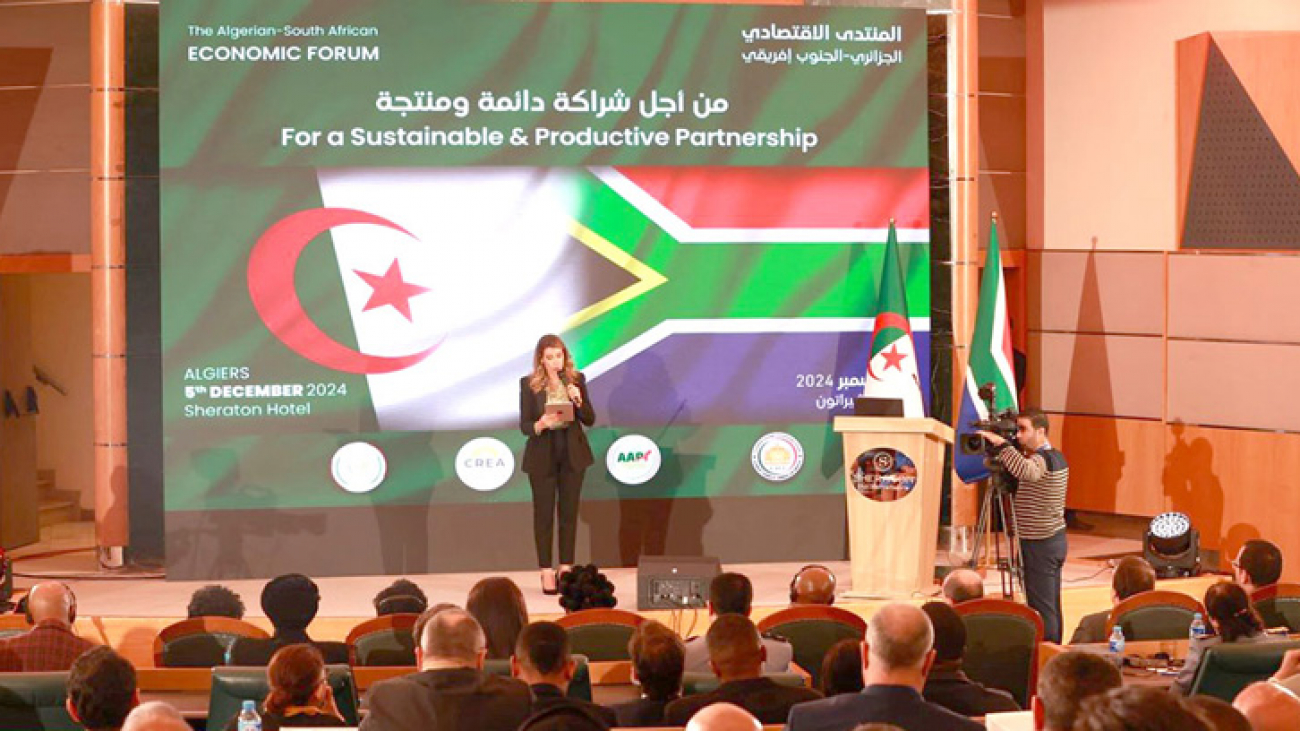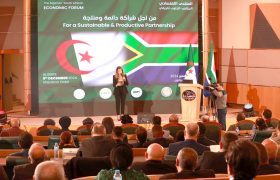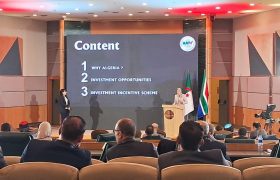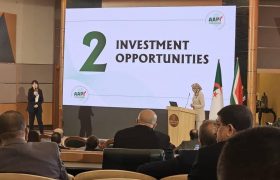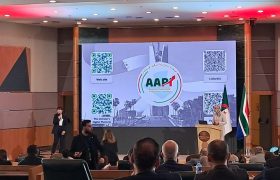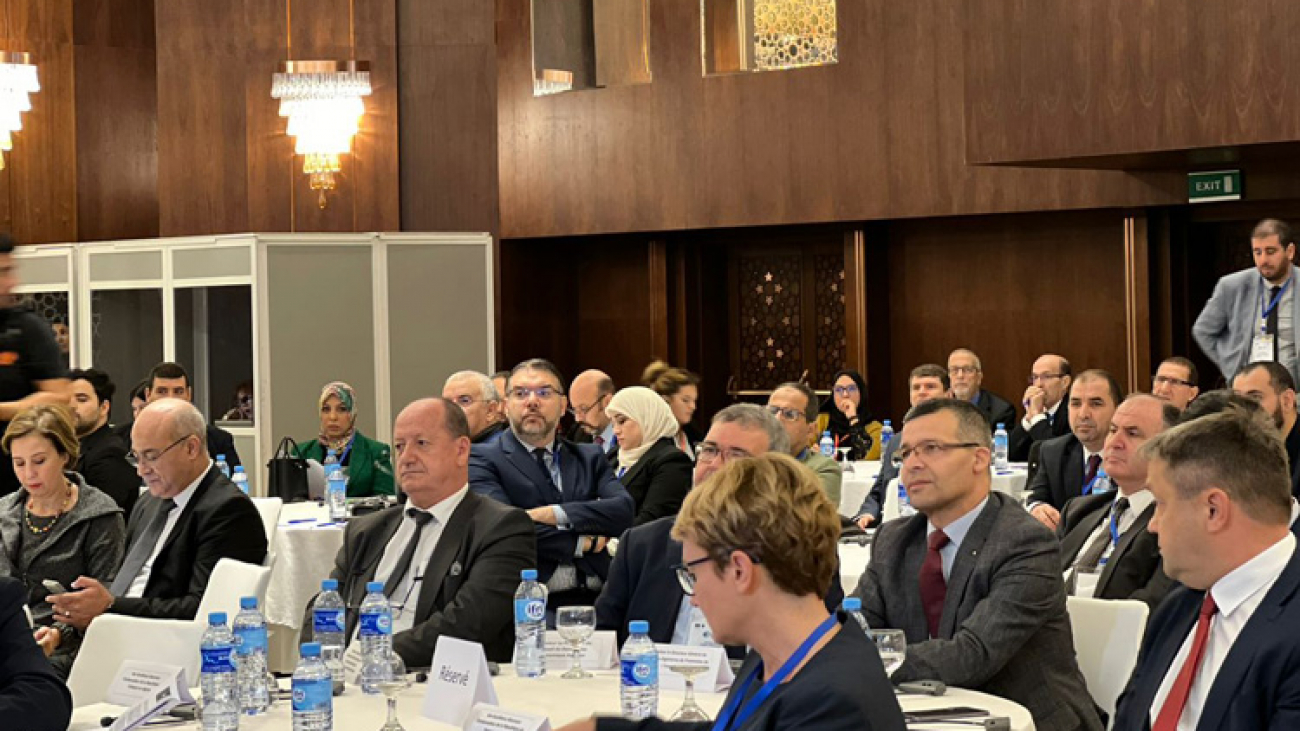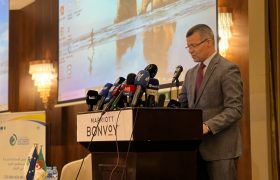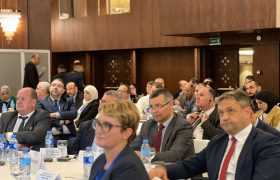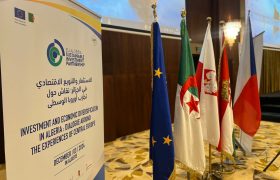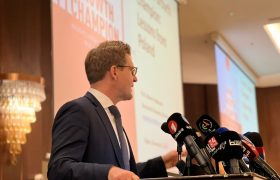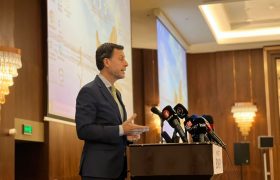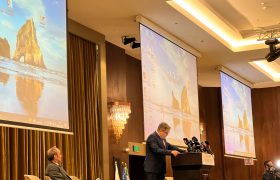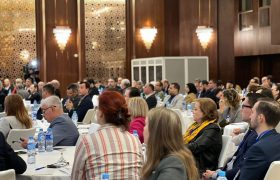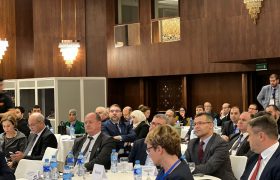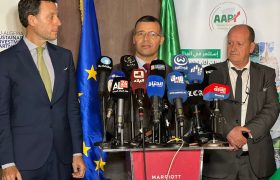24 decembre 2024
L’Agence algérienne de promotion de l’investissement (AAPI) a entamé la deuxième phase de mise en œuvre des réformes notamment pour le renforcement de l’efficacité du guichet unique et l’amélioration de la distribution des assiettes foncières, a indiqué, mardi à Alger, son directeur général, Omar Rekkache.
Dans son allocution lors des travaux de la rencontre Gouvernement-walis au Centre international de conférence (CIC), dont l’ouverture a été présidée par le président de la République, M. Abdelmadjid Tebboune, M. Rekkache a déclaré: “nous avons procédé au lancement effectif de la deuxième phase de la mise en œuvre des réformes liées à l’investissement, après avoir franchi d’importantes étapes et surmonté plusieurs entraves”.
“Le temps est venu d’augmenter la cadence”, a-t-il dit, à travers la mise en place effective d’un guichet unique où l’investisseur bénéficiera de tous les services dans un seul endroit, sans être obligé de se déplacer vers les différentes administrations.
L’AAPI s’attèle avec les différents secteurs notamment l’habitat et l’environnement, à l’amendement des dispositions règlementaires en vue de consacrer le principe d’octroi des autorisations au niveau des guichets uniques de l’Agence.
Dans le cadre de la concrétisation de ces réformes, l’AAPI s’emploie à améliorer l’orientation des investissements, avec l’introduction de plusieurs améliorations dans le réseau d’évaluation et ce en concertation avec les différentes parties prenantes, afin d’assurer aux investisseurs “sérieux” porteurs de projets “viables” pour l’économie nationale, des assiettes foncières “en toute transparence”, a-t-il souligné.
Il a, en outre, évoqué la révision du mode de fonctionnement du conseil d’administration de l’AAPI, constitué des secteurs concernés par les procédures d’investissement, et ce en relevant le taux de représentation.
Ce conseil est chargé d’identifier les activités prioritaires dans chaque région et d’allouer les assiettes foncières en conséquence, tout en veillant à ce que chaque wilaya bénéficie équitablement de l’implantation des projets, en harmonie avec ses spécificités.
Le directeur général a, en outre, salué la restauration de la confiance des investisseurs locaux et étrangers, grâce à “une forte volonté politique traduite par des mesures concrètes sur le terrain”.
Après avoir réussi à “remettre le train sur les rails”, l’AAPI a relevé le niveau de ses ambitions en visant la réalisation effective de 20.000 projets d’investissement au cours des cinq (5) prochaines années, à travers le renforcement continu de la confiance des investisseurs et des porteurs de projets, a ajouté M. Rekkache.
“Cet objectif sera atteint grâce à une écoute attentive et une prise en charge effective de leurs préoccupations et la mise à disposition d’assiettes foncières, notamment après les prérogatives accordées par le président de la République à l’agence pour explorer les assiettes foncières et créer de nouvelles zones industrielles et d’activités, la réalisation de cet objectif nécessitant en moyenne 5.000 hectares aménagés par an”, a-t-il précisé.
Par ailleurs, et “dans le cadre de la politique de concertation adoptée, l’agence a mis l’accent sur le rôle central des collectivités locales dans l’attraction de projets d’investissement adaptés aux spécificités de chaque wilaya. Des projets structurants pilotes ont ainsi été orientés vers plusieurs wilayas”, a conclu le DG de l’AAPI.
APS

